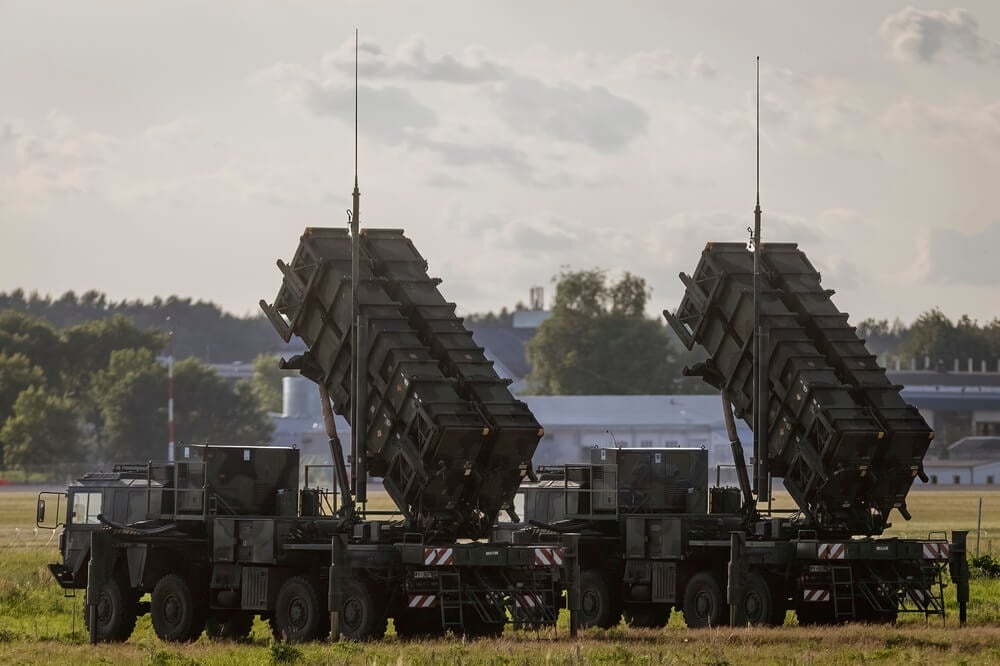As the war in Ukraine drags on, the economic-policy debate in Russia has shifted from celebrating war-driven growth to arguing over whether the economy is stagnating or has entered a recession.
In the first quarter of 2025, GDP declined by 0.6% compared to the previous quarter, and then grew by only 0.4% in the second quarter.
Even the most optimistic forecasts expect Russia’s growth to be around 1% in 2025, down sharply from 4.3% in 2024 and 4.1% in 2023.
Despite this deceleration, inflation remains a challenge. As a result, the Russian Central Bank recently lowered its policy rate by 100 basis points – a smaller-than-expected cut – to 17%.
Russian consumers are already feeling the pinch. Car sales, for example, are forecast to fall by 24% this year.
President Vladimir Putin is also facing a fiscal challenge. Russia’s budget deficit in the first eight months of 2025 hit 1.9% of annual GDP and is projected to grow to 2.6% of GDP by the end of the year – low by American or European standards, but problematic for a country that has been cut off from international borrowing as a punishment for invading Ukraine.
Over the same period, oil and gas tax revenues fell by about 20% year on year, thus draining the sovereign wealth fund. The liquid part of this fund now stands at $50 billion, or 1.9% of GDP.
Understanding that under the current economic model he will run out of cash in less than a year, Putin just announced a budget for 2026-28 which includes substantial tax hikes. This will depress the economy further and could trigger a public backlash.
Demographic crisis
In addition to mounting economic pressures, Russia faces a deepening demographic crisis. Around one million troops have been killed or wounded in the war, and roughly the same number of people have fled the country, many of them men avoiding conscription.
It is telling that this year Russia has stopped publishing demographic data.
Moreover, the West’s sanctions regime has limited Russia’s access to crucial technologies, undermining investment in the economy and modernization efforts.
It is no surprise that a substantial majority of Russians have grown tired of the war
Given these conditions, it is no surprise that a substantial majority of Russians have grown tired of the war.
In a recent poll, 66% of respondents were in favor of starting negotiations rather than continuing “military actions” in Ukraine.
Putin seems undeterred
Despite these multiple challenges, Putin seems undeterred. That is because the situation is not yet catastrophic. After all, the Russian economy may be stagnating, but it is not collapsing.
And with a labor force of more than 72 million, Putin can still recruit about 30,000 soldiers per month by paying men from Russia’s poorest regions ten or 20 times their average wage.
These factors, coupled with his apparatus of repression, have likely convinced Putin that he has the means to keep his war economy running and suppress domestic discontent for as long as necessary.
Perhaps more importantly, Russian forces continue to advance on the battlefield – a critical element of Putin’s strategy.
So long as Putin continues to seize more Ukrainian land, he has no incentive to negotiate
To be sure, the process is slow and costly in terms of lives and money. But so long as Putin continues to seize more Ukrainian land, he has no incentive to negotiate, regardless of what the US government offers him.
That is not to say that Western sanctions have failed. Putin has limited access to cutting-edge military technology and must rely on China, North Korea, and Iran for spare parts and other supplies.
He has less cash to recruit soldiers, and he may need to spend even more to quell civil unrest.
In the new fiscal plan for 2026, he has to budget the same amount for military and security spending in nominal rubles – thus de facto reducing this expenditure adjusted for inflation.
Concerns for another day
Looking ahead, Russia’s demographic troubles imply that the Kremlin will need to offer ever higher bonuses for recruits and spend more on wages for workers in defense industries, while enduring a further slowdown in civilian sectors.
Meanwhile, a recession would undermine fiscal equilibrium and mire the country in a doom loop, as the higher taxes needed to finance the war dampen economic growth and depress revenues further.
 Only by strengthening technological, economic, and financial sanctions against the Kremlin, providing advanced weapons to Ukraine, and incentivizing the Russian brain drain can Western policymakers accelerate the demise of Putin’s war machine
Only by strengthening technological, economic, and financial sanctions against the Kremlin, providing advanced weapons to Ukraine, and incentivizing the Russian brain drain can Western policymakers accelerate the demise of Putin’s war machine
In Putin’s view, these are concerns for another day. In the near term, he has sufficient resources to maintain order at home and pay for his army’s slow advance in Ukraine.
Yes, it comes at the expense of spending on education, health care, innovation, and infrastructure.
But for Putin, making progress on the battlefield is a better investment in Russia’s future: it means that he will have a stronger hand when it comes time to make a settlement.
If Putin cares about territorial gains above all else, the question becomes how to stop Russian troops from advancing in Ukraine.
That will require the West to press as hard as possible on Putin’s pain points.
Only by strengthening technological, economic, and financial sanctions against the Kremlin, providing advanced weapons to Ukraine, and incentivizing the Russian brain drain can Western policymakers accelerate the demise of Putin’s war machine, freeze the frontline, and save Ukrainian lives.
Sergei Guriev, Dean and Professor of Economics at London Business School, is a former provost of Sciences Po and a former chief economist of the European Bank for Reconstruction and Development.